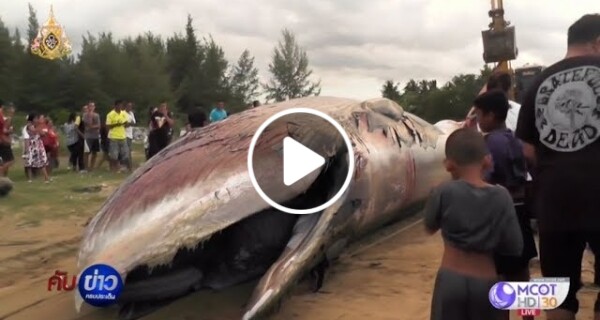The situation concerning the whales in the Gulf of Thailand has reached a critical juncture, prompting urgent attention from environmentalists and marine biologists alike. This crisis is characterized by a significant decline in whale populations, attributed to various factors including habitat degradation, pollution, and overfishing. The Gulf, once a thriving ecosystem supporting diverse marine life, is now facing challenges that threaten the survival of these majestic creatures. The interplay of human activities and natural changes has created an environment where whales struggle to find food and safe breeding grounds.
Efforts to address the Gulf of Thailand whale crisis are multifaceted, involving local communities, government agencies, and international organizations. Conservation initiatives are being implemented to restore habitats and reduce pollution levels, while educational programs aim to raise awareness about the importance of whale conservation. Additionally, researchers are conducting studies to better understand the migratory patterns and behaviors of these whales, which is crucial for developing effective protection strategies. Collaboration among stakeholders is essential to ensure that the measures taken are sustainable and impactful.
The future of whale populations in the Gulf of Thailand hinges on the collective commitment to reversing the current trends. It is imperative that both local and global communities recognize the significance of preserving marine biodiversity and take proactive steps to mitigate the threats faced by these whales. By fostering a culture of conservation and promoting responsible practices, there is hope for the recovery of whale populations in this vital marine ecosystem. The ongoing crisis serves as a reminder of the delicate balance between human activity and nature, underscoring the need for immediate and sustained action.







